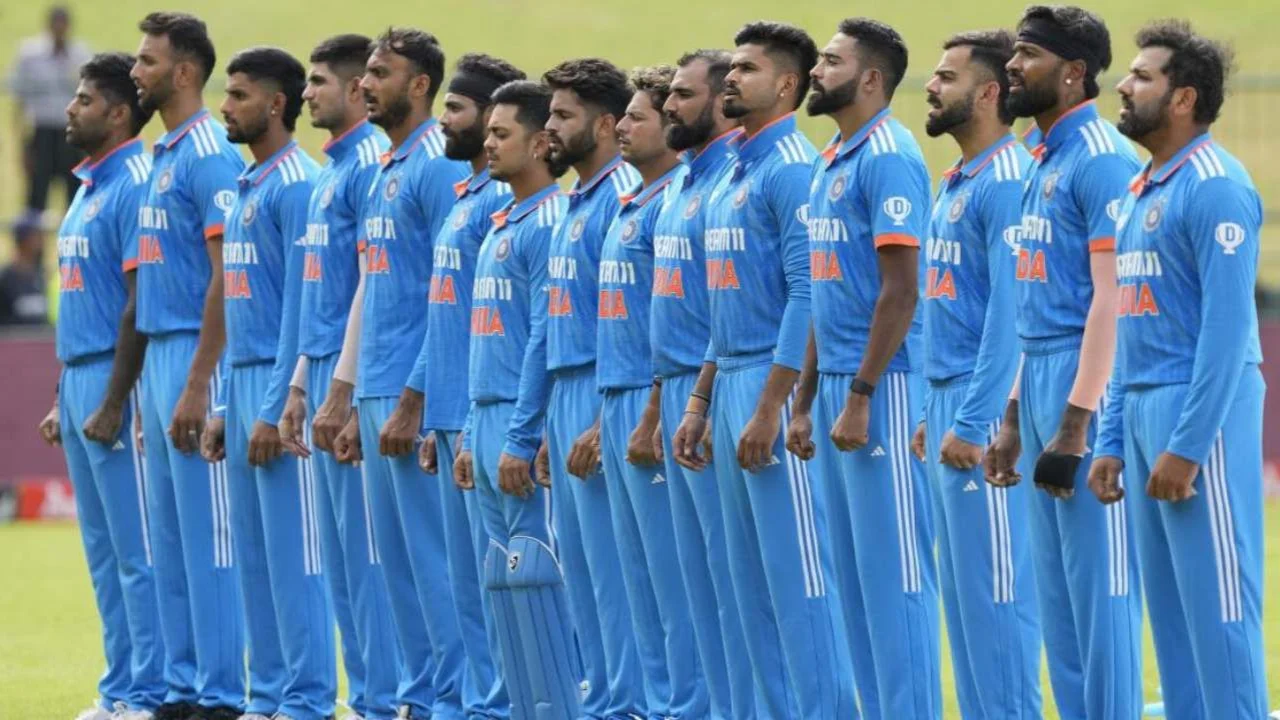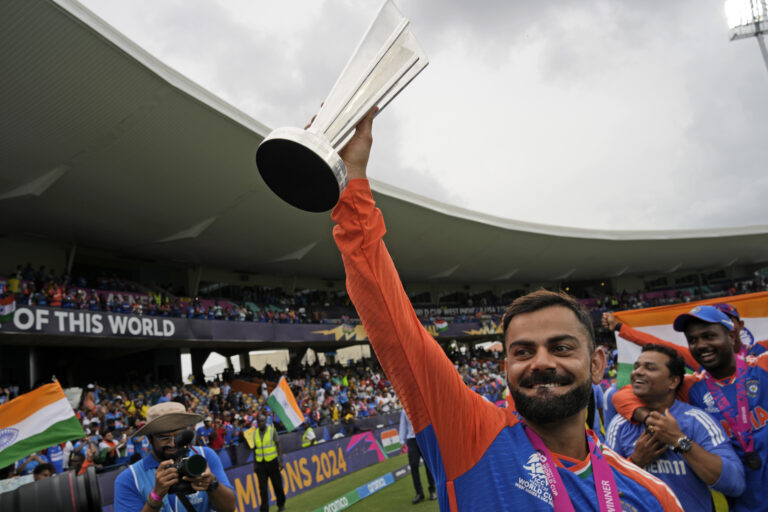Legal Considerations for IPL Player Residency Requirements: Laser247, Gold365, 11xplay
Laser247, Gold365, 11xplay: Player residency requirements for the Indian Premier League (IPL) are primarily governed by the guidelines set forth by the Board of Control for Cricket in India (BCCI). The BCCI, as the governing body of cricket in India, holds the authority to establish and enforce these regulations. The residency criteria typically entail that players must have resided in India for a specific period to be eligible for participation in the IPL.
Moreover, in addition to the BCCI’s regulations, the IPL’s governing council also plays a significant role in determining and overseeing the residency requirements for players. This council, comprised of various stakeholders within the IPL framework, works in conjunction with the BCCI to ensure that the residency guidelines are transparent, fair, and in line with the overarching principles of the league.
Impact of residency requirements on player eligibility
Residency requirements are a crucial aspect that directly impact the eligibility of players in the Indian Premier League (IPL). In order to be considered for selection, players must meet specific residency criteria that have been put in place to ensure fairness and compliance with regulations. These requirements vary from season to season, with rules being updated periodically to adapt to changing circumstances.
For players aspiring to participate in the IPL but who do not meet the residency requirements, navigating the challenges posed can be daunting. Non-resident players often face significant hurdles in fulfilling the necessary criteria, which can hinder their chances of being eligible for selection. The strict adherence to residency regulations underscores the IPL’s commitment to maintaining a level playing field and upholding the integrity of the league.
Challenges faced by non-resident players in meeting residency criteria
Non-resident players often encounter hurdles when trying to meet the stringent residency criteria set by various sports leagues, including the IPL. One major challenge is the requirement to have resided in a particular country for a specified period before being deemed eligible to compete as a local player. This can be particularly difficult for athletes who have moved frequently due to their careers or personal circumstances, as their time in any one location may not meet the residency requirements.
Moreover, non-resident players may face challenges in providing the necessary documentation to prove their residency status. Obtaining official records and paperwork to demonstrate a continuous and lawful stay in a specific country can be arduous, especially for individuals who have lived in multiple places over the years. The strict documentation requirements imposed by sports organizations can thus pose significant obstacles for non-resident players seeking to comply with residency regulations.







